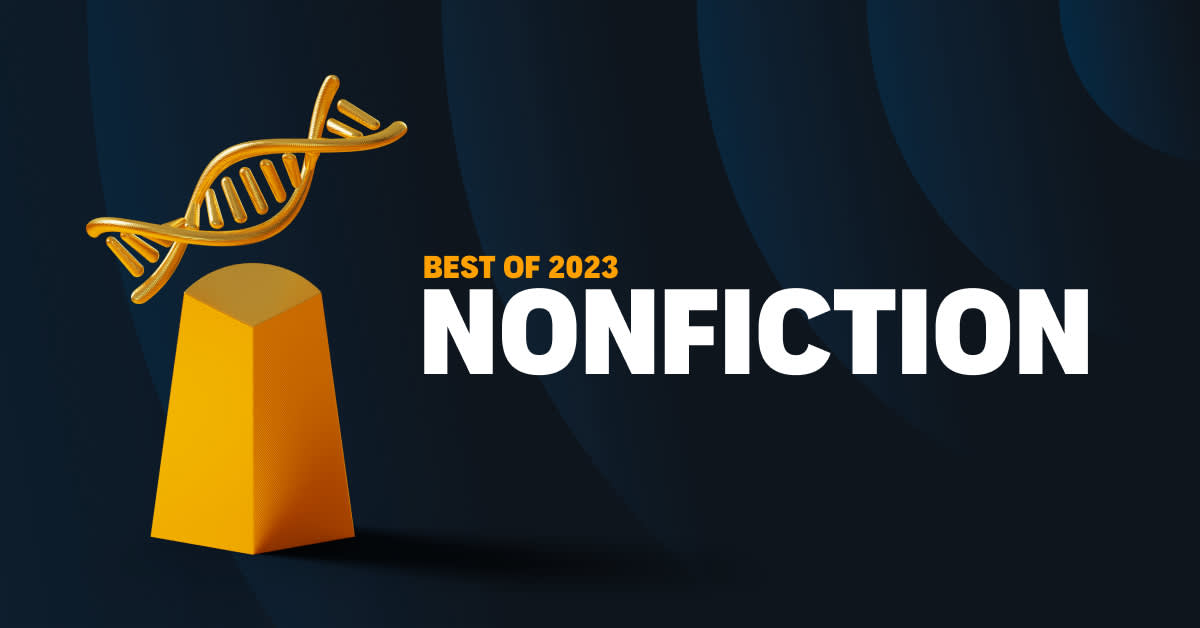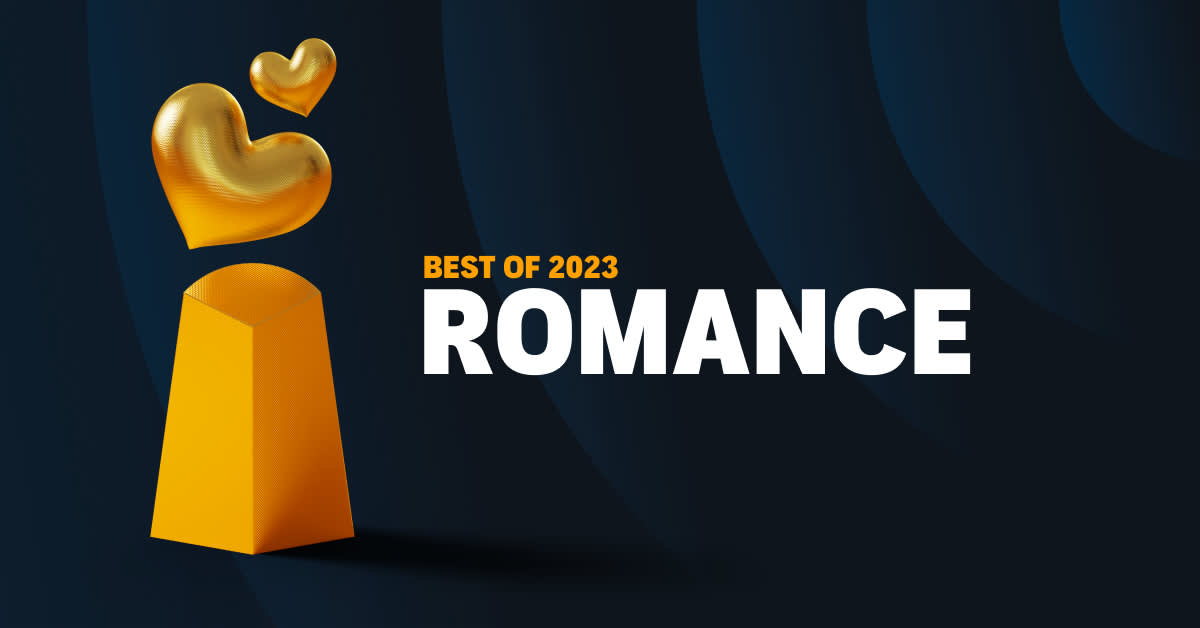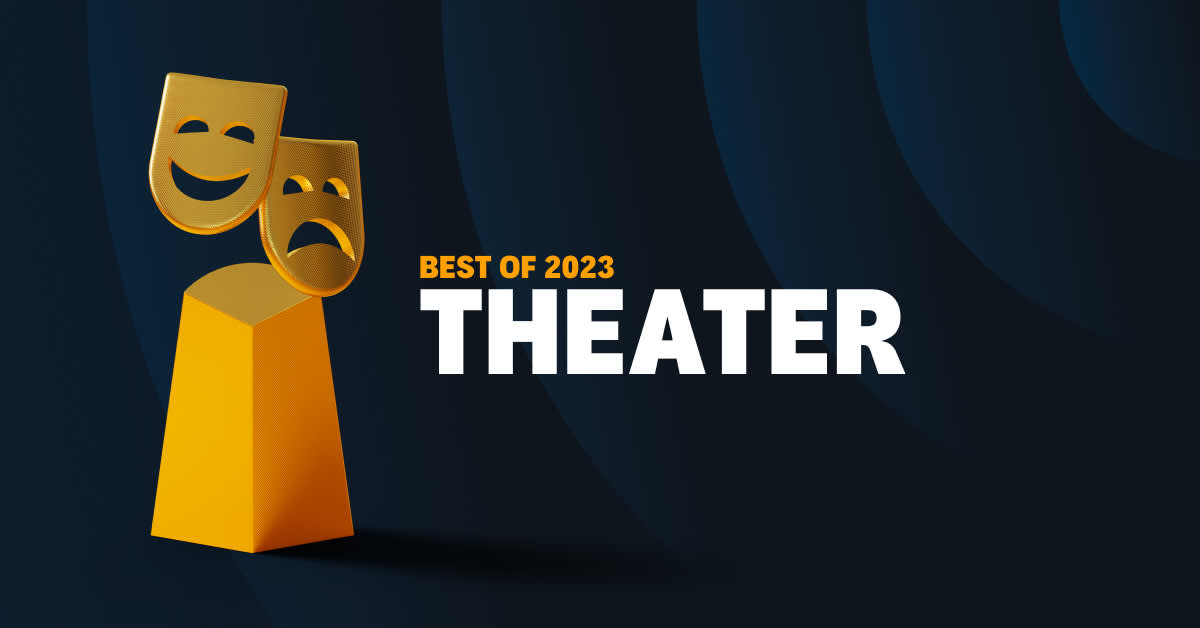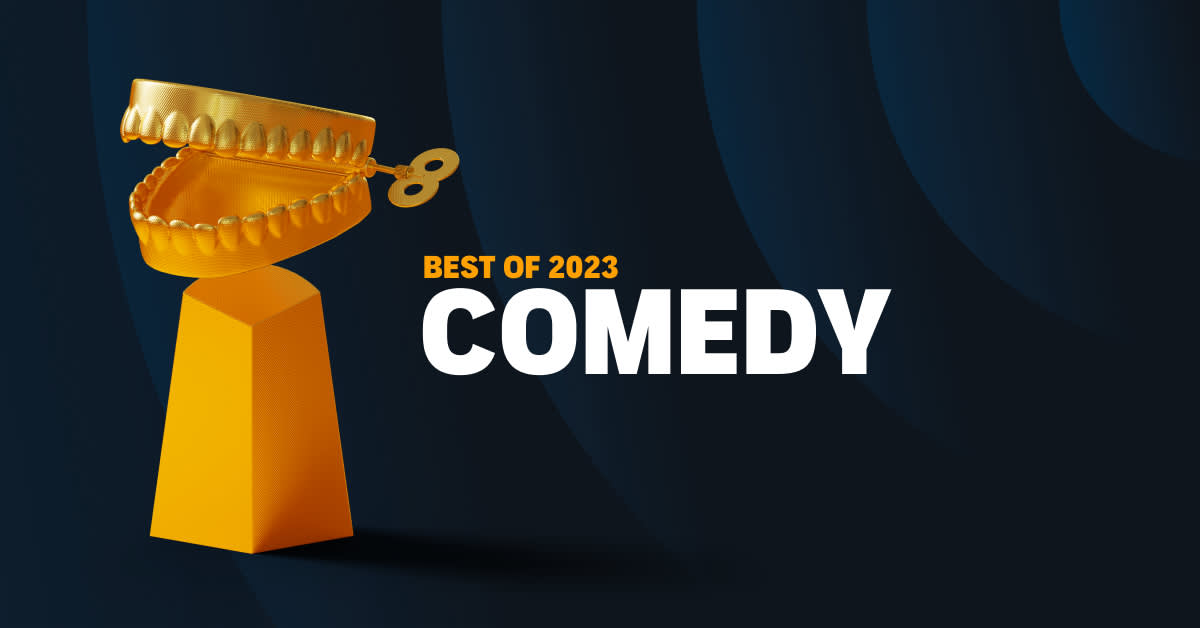In a year in which discerning fact from fiction was more urgent than ever, nonfiction not only delivered the truth we craved but also gave us new reasons to believe it will prevail. From the climate we inhabit to the food we eat and the faces we show to the world, nonfiction’s domain was both vast and humble—and in these compelling performances, a pleasure to dive into.
Save this list to your Library Collections now.
Sociologist Matthew Desmond, who took on the housing crisis in his exceptional, Pulitzer-winning Evicted, offers another incisive examination of unbridled capitalism, corporate avarice, and the vulnerable communities caught in the middle. In Poverty, by America, he analyzes why our nation, one of wealth and prosperity, maintains sky-high rates of impoverishment and hardship, and how we can go about turning the tide. Narrator Dion Graham emphasizes Desmond’s most central points, illuminating evidence both narrative and statistical with compelling confidence and fervor. It’s a thoroughly necessary investigation that seeks not only to educate but also to spur listeners toward poverty abolition in their own lives. —Alanna M.
The starting point of Naomi Klein's latest—how she's been repeatedly mistaken for writer Naomi Wolf—is strange enough, since Klein is better known for writing about disaster capitalism and the climate crisis. But Klein uses that confusion to guide us through what she terms a "mirror world" and connects a multitude of dots in conspiracy culture, including how “soft-focus wellness influencers make common cause with fire-breathing far-right propagandists all in the name of saving and protecting ‘the children.’” Rather than increasing my anxiety, listening to her funny, honest, candid words on these subjects helped empower me. —Jerry P.
After years of feeling battered by the news, what many of us needed was less of it. Amid the constant pummel of notifications and hot takes, In the Room with Peter Bergen was everything most news media wasn’t—measured, deeply reported, and focused on the larger story. From the seasoned perspective of national security journalist and author Bergen, the show goes deep on topics that have driven discourse for months or years, from artificial intelligence and UFO disclosure to wars in Ukraine, Israel, and Afghanistan. The cogent discussions and access to deeply knowledgeable guests make each episode worth visiting (or revisiting) long past its air date—how many news programs can say the same? —Kat J.
Like so many women, I was transfixed by Roxanne Gay's Bad Feminist, and I've consumed everything she's published since, eager to learn from her, often while being entertained. When Opinions—a compilation of some of Gay's best nonfiction essays of the past 10 years—was released, I was quick to listen and eager to hear her speak at an event in Brooklyn. “It’s not only about writing,” stated Gay of Opinions, “it’s also about what people do moving forward after reading your work.” Gay herself narrates this collection of sharp takes on politics, racism, and culture, which feels both timely and important. I left the listen feeling inspired to enact change—I hope it will light the same fire in you. —Madeline A.
Although I am not Latino, I've come to understand how the experience of Latinidad is highly individual since, being married to a Cuban American who was born and raised in Puerto Rico, I've witnessed how well-meaning people can get it twisted and how I still make mistakes despite being sympathetic. André Santana's passionate performance of Héctor Tobar's lyrical words adds a sense of drama to this vital manifesto that urges us to break free of outdated, restrictive labels. It should be required listening to broaden our understanding of what remains a slippery concept for most Americans. —Jerry P.
More than a decade after Michael Pollan’s In Defense of Food put a fine point on what food is and isn’t, the British doctor and broadcaster Chris van Tulleken investigates why we still can’t seem to quit the latter—the plastic-wrapped, preservative-laden, quasi-food known as UPF (ultra-processed food) that overwhelmingly remains a feature of most global diets. Using his own body as a test subject and his voice (and that of his twin brother Dr. Xand van Tulleken) to deliver the message, he exposes exactly what UPF is doing to us—and it’s his powerful synthesis of science, economics, and superb storytelling that just might scare us to change our habits. —K.J.
The adoption of artificial intelligence (AI) in every facet of life and industry dominated headlines this year, and I can't think of a better listen to understand its impact than this one. Facial recognition technology, once merely a sci-fi premise, is now being used in everything from law enforcement to check-in lines at the airport. In Your Face Belongs to Us, New York Times reporter Kashmir Hill explores the behind-the-scenes world of one Australian tech startup called Clearview AI that pioneered facial recognition technology. I could not stop listening to Hill's masterful retelling of this critical story. —Rachael X.
The 2016 Fort McMurray fire, which destroyed thousands of homes and came to be called “the Beast” by locals, ranks as one of Canada’s worst wildfires. It is also largely forgotten as headlines pile up over more recent record-breaking fires. John Vaillant’s harrowing account of the disaster is critically timed with rising concerns about climate change-related wildfires and their impacts on human health. But it’s his masterful storytelling—which centers fire as a mesmerizing, horrifying main character—and Alan Carlson’s gripping narration that keep listeners enthralled over the course of this essential nonfiction work. —K.J.
You might expect a scientific investigation into the origin of defining female features to be dry and boring, but not only does Cat Bohannon possess an astounding disciplinary range, she deploys her playful, shame-free voice to convey this epic tale with irreverent humor. And don't worry, she's not an advocate of gender essentialism (“it’s clear that trans women are women”) and makes it abundantly clear she's against abortion restrictions, while also tackling numerous stereotypes. Her plea—that scientists learn more about women and girls—shouldn't sound radical since it will ultimately help all of us know more about ourselves. —J.P.
Olympian Kara Goucher's firsthand account of the Nike Oregon Project doping and abuse scandal involving her coach, the once legendary distance runner Alberto Salazar, shook me to my core. Told in her own voice, Goucher painstakingly expresses what it was like to have her hard-won accomplishments shadowed by shame through coercion and manipulation—all while seemingly basking in the limelight. Goucher's indelible strength, both as a driven elite athlete and an assault survivor, will make you want to scream and fight for justice. —R.X.
"What do we do about the terrible people we love?" It's a question near the end of this wonderful collection of essays, and yet Claire Dederer doesn't provide a simple answer. As she states in one of the final chapters, "Under capitalism, monstrousness applies to everyone." Am I monstrous? Are you? Yes. As she reiterates, this is really getting at "the problem of human love," a topic in which the majority of us are invested. I value this writing for its bravery, for its smartness, for its simplicity, and for its complexity—and will do so for years to come. —J.P.
I learned so much listening to this book from veteran climate journalist Jeff Goodell, who seems to have had a beer with just about every eminent climate scientist in the world. The Heat Will Kill You First goes to the heart of the climate crisis with reporting from Antarctica to the Great Barrier Reef to the parched Western US, all delivered in a pro performance from award–winning narrator L.J. Ganser. Goodell doesn’t sugarcoat how dire things could get, but the rich narrative made it go down easy. Before I knew it, I was armed with a whole new awareness about the greatest challenge of our time. —Phoebe N.
Thanks to another Best of 2023 listen, Hidden Potential, I learned that being a “discomfort seeker” is one of my strengths, and perhaps that’s why I connected instantly with Determined. Robert Sapolsky’s central argument—that there is NO free will in human behavior, not even a little—is tough to sit with. Its implications are vast and contrary to just about every innate impulse and societal sphere we have. Yet, in the capable hands of master storyteller-cum-neuroscientist Sapolsky and the engaging narration of Kaleo Griffith, the insights are immensely compelling. The only question—Did I freely choose this as one of the year’s best listens? Apparently, it was already determined. —K.J.
















